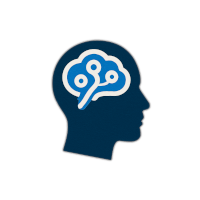AI Ethics
The field concerned with ensuring AI systems are designed and used in ways that are beneficial, fair, transparent, and respectful of human rights.
Detailed Explanation
AI Ethics encompasses the moral principles, values, and practices that guide the development and deployment of artificial intelligence. It addresses questions about how AI should be designed, implemented, and regulated to ensure it benefits humanity while minimizing harm. Key concerns include fairness and bias (ensuring AI doesn't discriminate against certain groups), transparency and explainability (understanding how AI makes decisions), privacy (protecting personal data), accountability (determining responsibility for AI actions), and long-term safety (preventing unintended consequences). As AI becomes more powerful and pervasive, ethical considerations become increasingly important for developers, companies, policymakers, and society as a whole.
Examples
- Ethical guidelines for AI development
- Bias detection and mitigation tools
- AI impact assessments
Tags
Related Terms
- AI BiasSystematic errors in AI systems that create unfair outcomes for certain groups of people.
- Explainable AI (XAI)AI systems designed to make their functioning transparent and their decisions interpretable by humans.
- AI AlignmentThe challenge of ensuring AI systems act in accordance with human values and intentions.
